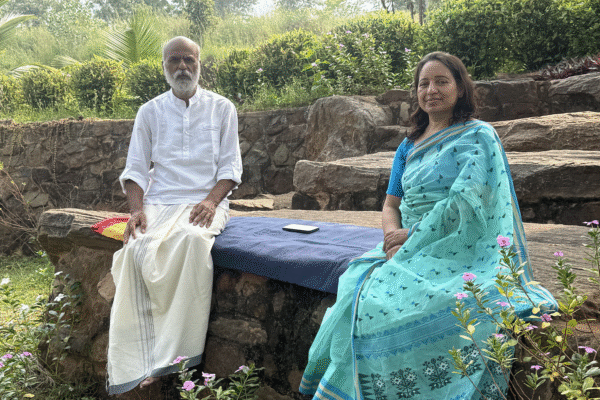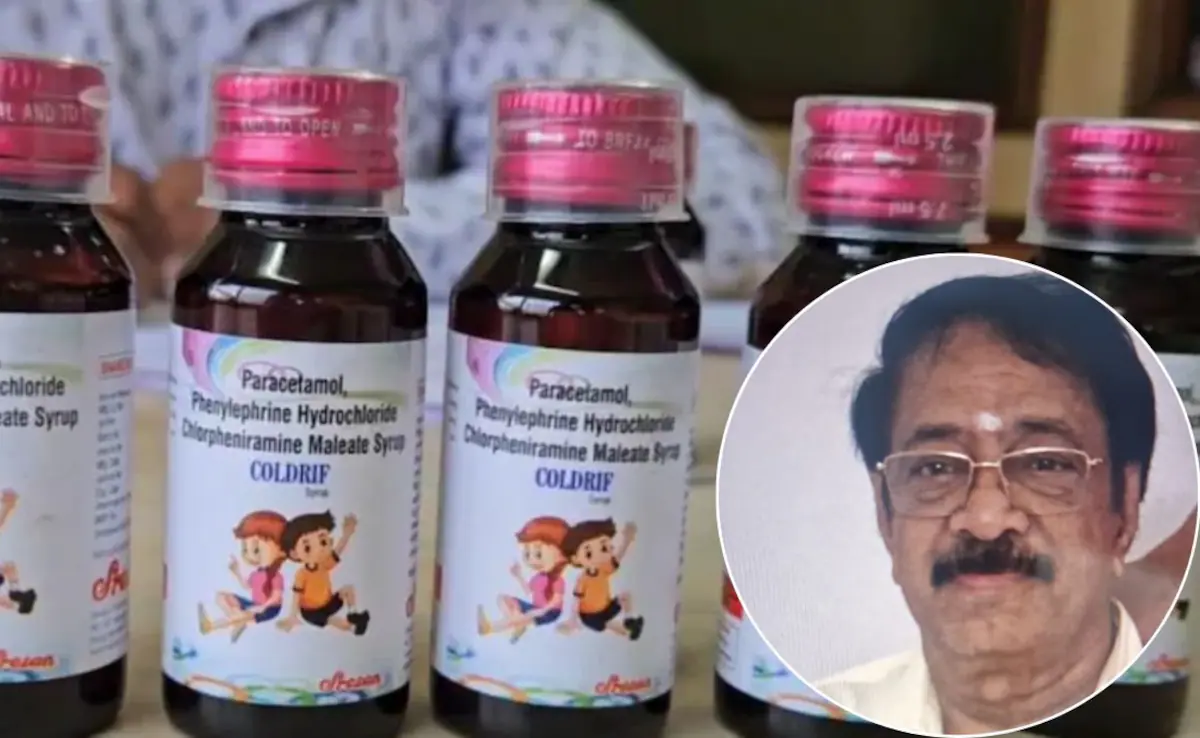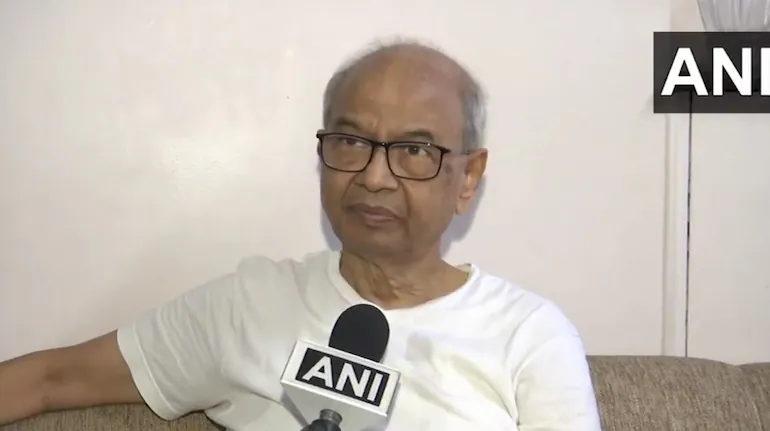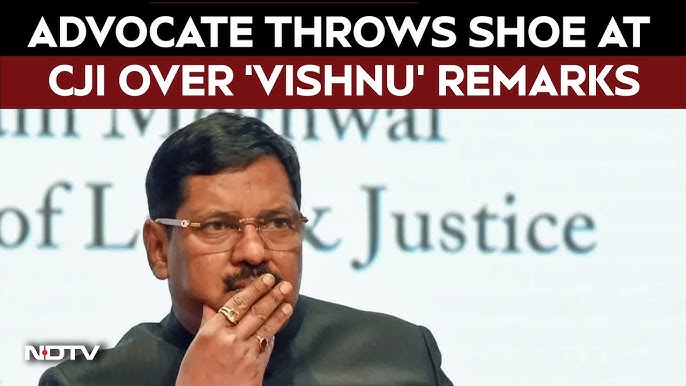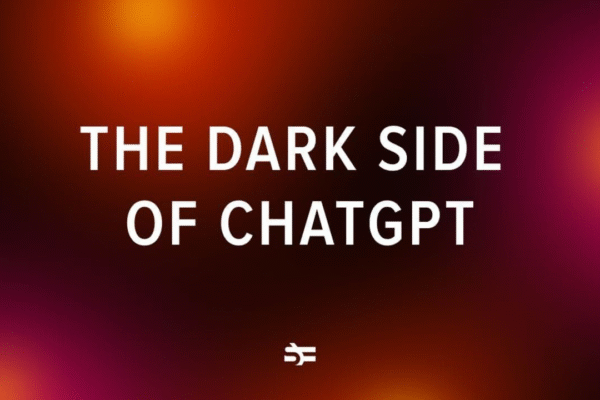
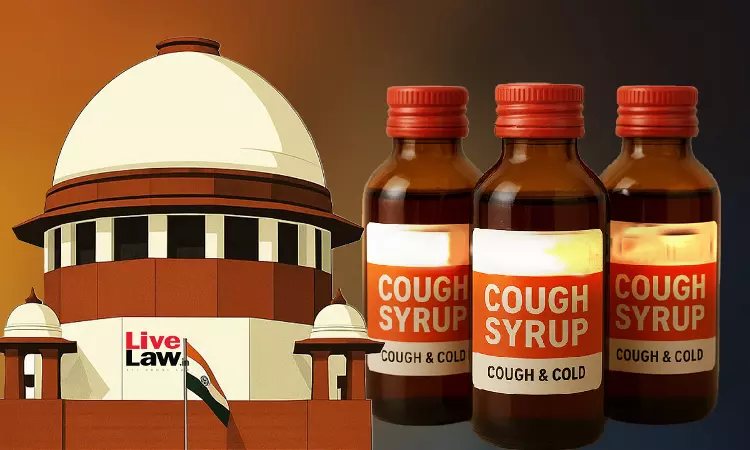
Cough Syrup Child Deaths: Supreme Court Rejects CBI Probe PIL
New Delhi — On Friday, the Supreme Court refused to entertain a Public Interest Litigation that demanded a CBI-led investigation into the deaths of children in Madhya Pradesh and Rajasthan, allegedly caused by toxic cough syrups. The bench, led by Chief Justice B.R. Gavai and Justice K. Vinod Chandran, dismissed the petition brought by advocate Vishal Tiwari. The court spared no words: states are competent to investigate, and the petitioner’s basis was mere newspaper reports.
Solicitor General Tushar Mehta told the court that state governments had already initiated action. He criticized Tiwari’s trend of filing PILs based on media coverage. When asked how many PILs he had filed, Tiwari replied “eight or nine.” The bench promptly rejected the motion.
What the PIL Sought — and Why the Court Rebuffed It
Tiwari’s petition sought a robust, centralized approach to the tragedy. It called for a National Judicial Commission or expert committee, chaired by a retired Supreme Court judge, to probe the entire supply chain — from manufacture and testing to distribution of Coldrif cough syrup and other products from Sresan Pharma. It also pressed to transfer all state FIRs to the CBI, under high judicial oversight.
The plea argued that fragmented state-level inquiries undermine accountability and allow repeated lapses. It demanded the immediate recall and seizure of all batches of Coldrif, toxicological testing in NABL‑accredited labs, and a ban on further export until compliance is guaranteed.
The court, however, held that filing a PIL based on journalistic reports was no ground for a sweeping CBI takeover. It ruled that state mechanisms remain valid, and that the petitioner’s approach lacked a solid evidentiary foundation.
A Setback for Families, a Warning to Regulators
This dismissal represents a blow to those demanding uniform, high-powered accountability. For bereaved families, the ruling may feel like the system turned a blind eye. But the decision also underscores the challenges in balancing institutional jurisdiction and central oversight.
The Supreme Court’s rejection doesn’t end the matter. State governments already banned Coldrif in several jurisdictions and launched probes of their own. Meanwhile, the death toll is rising — in MP, over 21 children have reportedly died so far from suspected poisoning. The Times of India
This episode forces fresh scrutiny on India’s drug regulation apparatus. The World Health Organization has flagged this incident as evidence of regulatory lapses in domestic drug screening. Critics now question how lethal formulations passed unnoticed — and whether states are equipped to police themselves effectively.
The Supreme Court’s decision leaves a stark question: when public health is at stake, does decentralised power suffice? Or must India rethink its framework to ensure that tragedies like these never repeat?

NewsHasghag operates a 24/7 news bureau that tracks the real-time, social media-driven stories from India and around the world, keeping you ahead of the day’s key talking points. Our digital-first approach transforms storytelling through the seamless integration of data, interactive charts, video, and audio into every narrative.



